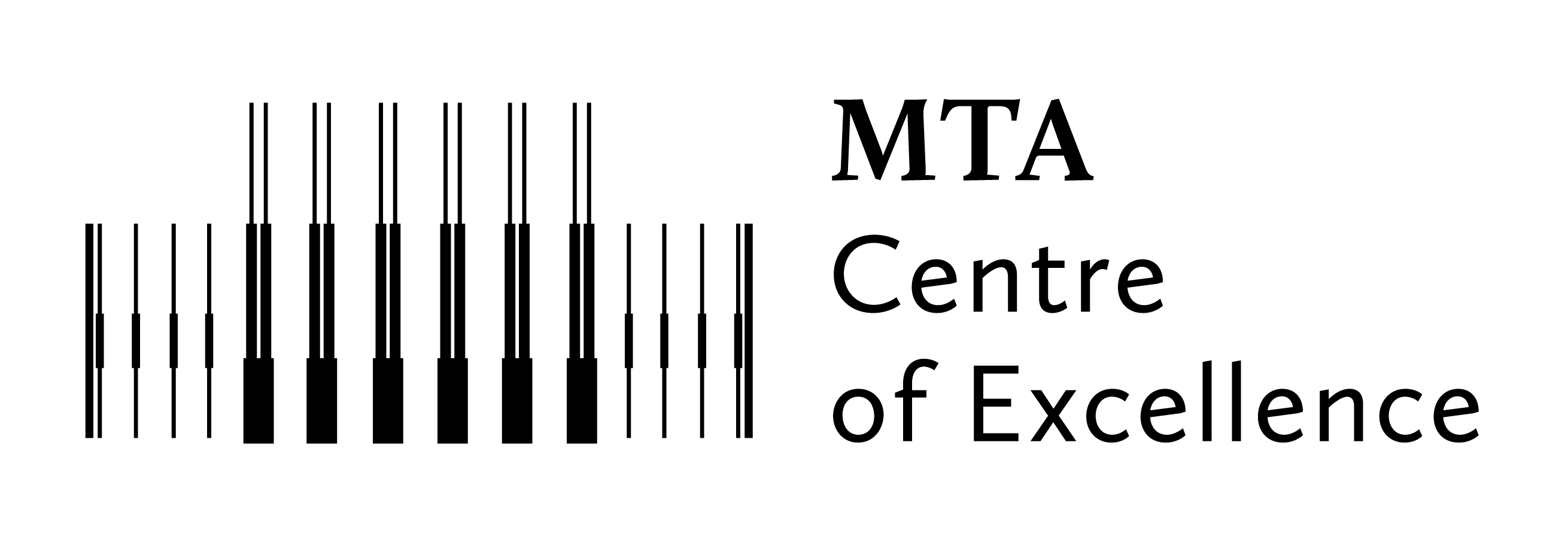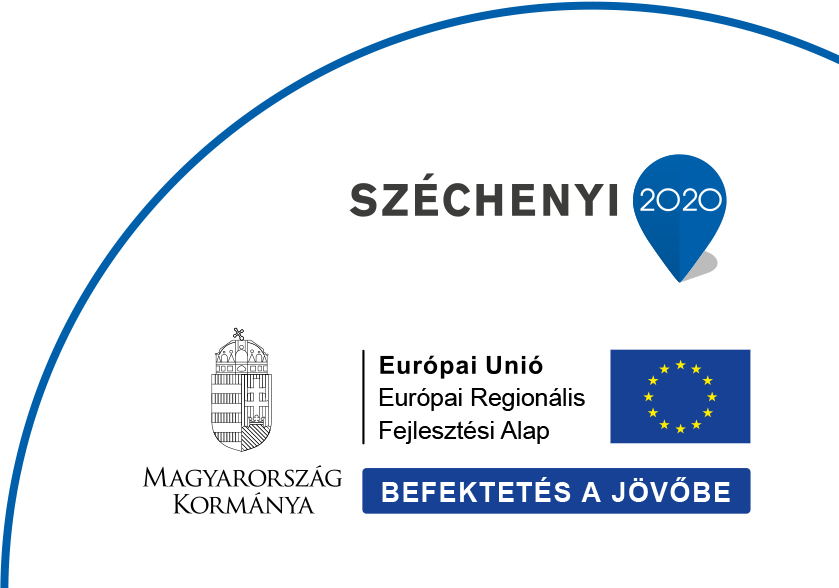Mathieu Micoulaut, professor of the Sorbonne Université in Paris, is the next invited speaker of the Wigner Colloquia.
Wigner Colloquia is a highlighted seminar series of the Wigner Research Centre for Physics. Invited speakers are the most excellent researchers from different areas of physics. The goal of the program is to give first-hand knowledge to our colleagues and the interested professional public from well-known scientists from all over the world.
Professor Micoulaut main resaerch intersts are in material scienses:
1. Rigidity and elastic phase transitions
2. Non-crystalline materials: Molecular structure, medium and intermediate range order. Application to magmas (silicates, alumino-silicates), nano-structured iron, phase-change materials (chalcogenides).
Theory of granular gases and applications in mechanical engineering
3. Liquids, glasses and the glass transition: effect of composition, relaxation, rigid and flexible glasses, glass
transition temperature, solid electrolytes.
List of his top publications:
(Full list available on: http://www.lptl.jussieu.fr/user/mmi)
1. Evidence for anomalous dynamic heterogeneities in isostatic supercooled liquids M. Micoulaut, M. Bauchy, Physical Review Letters 118, 145502 (2017)
2. Revealing the crucial role of molecular rigidity on the fragility evolution of glass-forming liquids, C. Yildirim, J.-Y. Raty, M. Micoulaut, Nature Communications 7, 11086 (2016)
3. Densified network glasses and liquids with thermodynamically reversible and structurally adaptive behavior, M. Bauchy, M. Micoulaut, Nature Communications 6, 6398 (2015)
4. Quantitative measure of tetrahedral-sp3 geometries in amorphous phase change alloys, M. Micoulaut, K.Gunasekera, S. Ravindren, P. Boolchand, Physical Review B 90, 094207 (2014).
5. Compositional thresholds and anomalies in connection with stiffness transitions in network glasses, M.Bauchy, M. Micoulaut, M. Boero, C. Massobrio, Physical Review Letters 110, 165501 (2013).
More information:
Title: Rigidity transitions in network glasses
Date: 1 Mars 2022, 14:00 p.m.
Place: SZFI (Building 1) auditorium and online: https://wigner-hu.zoom.us/j/99986198653?pwd=elpKaGRaMVpmbGFGNGxLZFRrVGt…
Meeting ID: 999 8619 8653
Passcode: 304942
More infromation: https://indico.wigner.hu/category/42/
Abstract:
If crystallization can be avoided during cooling, a liquid will display a substantial increase of its viscosity, and will form a glass that behaves as a solid with a relaxation time that grows exponentially with decreasing temperature. Given this ‘off-equilibrium’ nature, a hysteresis loop appears when a cooling/heating cycle is performed across the glass transition.
We will discuss this salient phenomenology in the context of flexible-to-rigid transitions by using molecular dynamics simulations. We find that for certain systems, minuscule thermal changes are found and reveal glasses of ‘thermally reversible’ character with optimal volumetric or enthalpic recovery. The analysis of the topology of the atomic network structure shows that corresponding liquids adapt under increasing stress. The analysis of the dynamic behaviour indicates that the structural relaxation time is substantially reduced in these adaptive liquids, and also drives the reversible character of the glass transition. Ultimately, the results substantiate the notion of stress-free (Maxwell isostatic) rigidity in disordered molecular systems, while also revealing new implications for the topological engineering of e.g. phase change materials.



